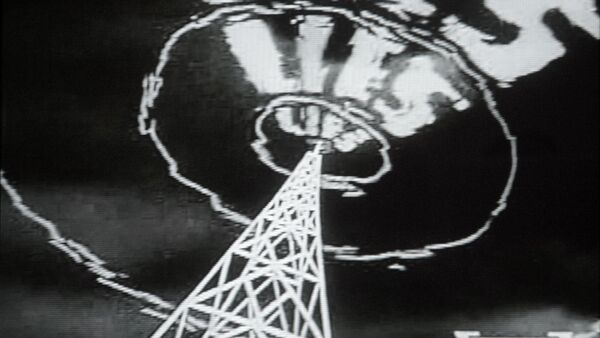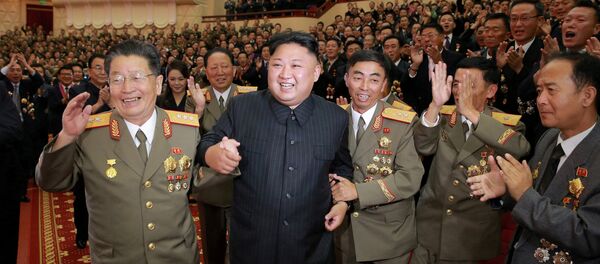"Lying is a personal, very conscious and deliberate action," Brautigam said, speaking to Sputnik Deutschland about Wernicke's recently released book, a self-described 'guide to media criticism.'
"This is why the book title includes a question mark. Nobody believes in lies at the institutional level, but they can believe a false statement. There are reasons for this not necessarily related to the individual," Brautigam added.
Both state and commercial media all feed from the same small handful of sources, Brautigam explained. In Western countries, these are the major news agencies. The US has the Associated Press, the UK Reuters, France Agence France Presse, etc. They are the main resources on the market, and hence also the dominant voices providing information.
This, he said, means that the various news resources which 'feed' on these news agencies usually have very similar underlying content. "It doesn't matter if you get the news from a public or private news source. The latter has more of a tabloid press style, but there is hardly any difference at all in content."
Three years ago, the veteran journalist began a personal effort to file complaints about inaccuracies and bias in the German media's approach to covering the conflict in eastern Ukraine. German law allows for complaints to be issued by the public to the Broadcasting Council, or the heads of the relevant media sources directly. Since that time, Brautigam has filed over 100 complaints.
The journalist noted that in the German media's coverage of the Ukraine crisis, materials have often been "presented in such a way that to my knowledge, my impressions, and based on other sources of information, were clearly Russophobic and had a Transatlanticist character which to me seemed unbearable."
"They were caught and captured," the journalist recalled. "The media reported at the time that the [militia] in eastern Ukraine took OSCE officers hostage. This was a form of false representation of the situation, and I found it unbearable. And that was the reason for my first complaint."
Language as Power
Brautigam explained that "in the German language, the word 'propaganda' is closely related to the Third Reich."
Both there, and in the modern world, propaganda has served and continues to serve to mislead the public in the interests of a very specific set of policy goals. Today these are Transatlantic interests, which use propaganda to make their policy workable. The tools are the same, Brautigam said, but simply more subtle today. At the same time, a set of very specific preconceptions has already been integrated into public consciousness.
The hostility to Russia is a perfect example, the journalist said. "If one imagines that our society has been fed by anti-Russian ideas for years and years, most of us will not notice the injection of new propagandistic statements." These join preconceived notions based on a certain picture of the world, allowing propaganda to easily take root and manifest itself when necessary.
"Language is a means of power," Brautigam noted. "Power begins in the realm of language. And if some institution or news agency succeeds in finding the right word or combination of words to promote a certain kind of thinking – positive or negative, then it will have dominant influence. Whoever defines the concepts has almost already won."
In other words, the Brautigam said, these are forms of propaganda which have nothing to back them up – assumptions presented as if they were facts, but which remain surprisingly effective thanks to the virtual uniformity of content.




